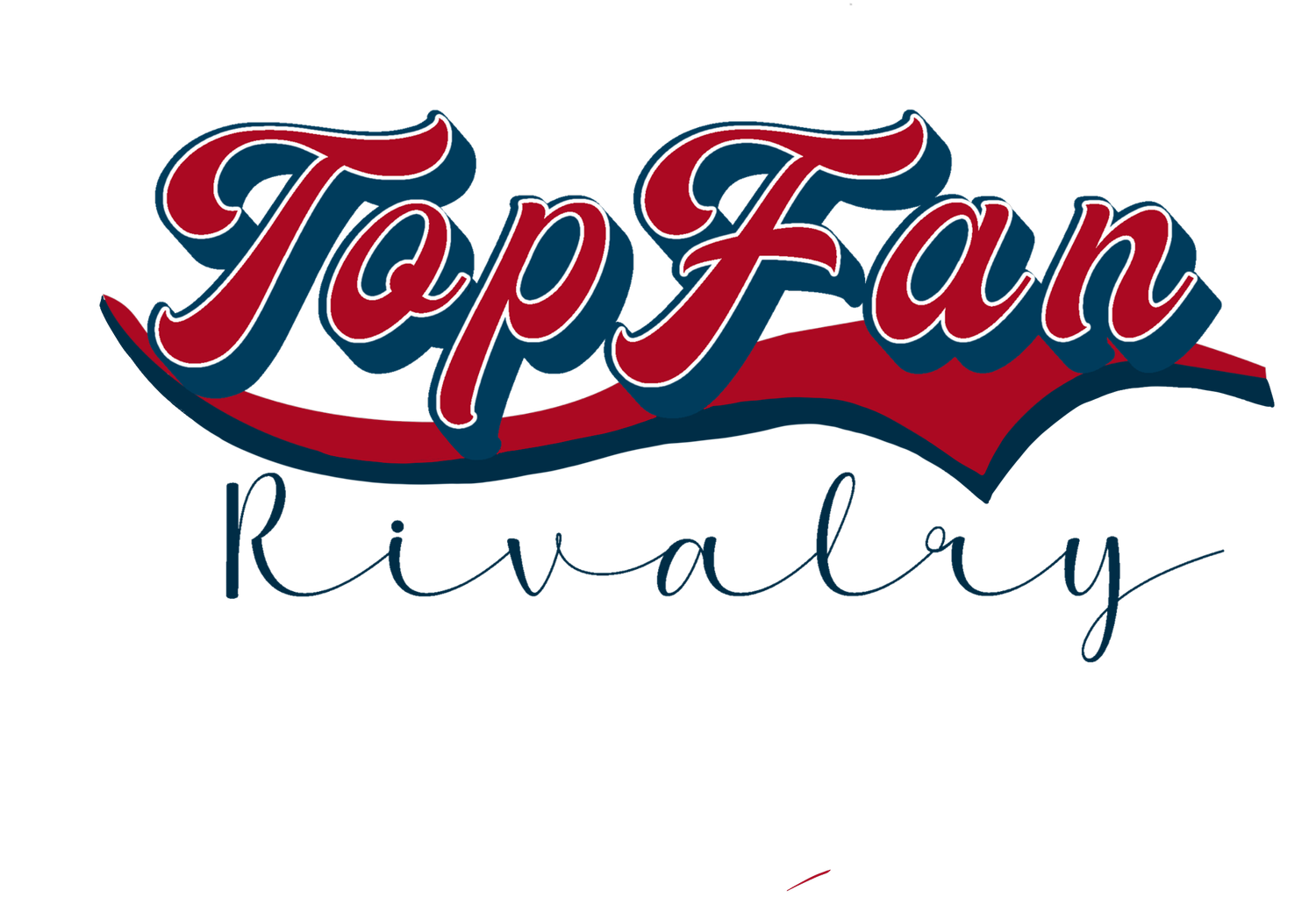Baseball and Autism Awareness
When I was 6 or 7, I was diagnosed with Asperger’s Syndrome, a form of autism that is considered “extremely-high functioning” in terms of the spectrum of the autism world. There are many things that I struggle with 17 years after that initial diagnosis; social skills, the ability to sometimes hold a basic conversation, reading people and sarcasm. One thing that has helped me with this is my focus on history, and baseball has helped me with overcoming some of the challenges. One of the ways I have been able to do this is through two things: APBA and a coffee table book called “The Baseball Reference”.
While I can’t play baseball or stickball for a pile of beans in the desert, table-top baseball was where I found my love for the game. I met players like Willie Stargell, Hugh Duffy, and the unknown gem that is Ken Caminiti through APBA. While that game deserves its own article, I was able to meet people that would not judge me for who I was with autism and instead see me as a human with a strong interest for the game. Imagine having both Ted Williams, Barry Bonds, and Mike Trout on the same team at the same time. The possibilities for this game and the team you can make is infinite. It was because of this game that my love for baseball exploded and allowed for me to be viewed as someone else, someone who saw beyond my autism and everything else.
While I may be a nerd, the book that helped me kick-start the love of the game for me was “The Baseball Reference”, a 700 page omnibus that goes through baseball from 1900-2000, and it discusses EVERYTHING. I have read that book so many times that it has now been classified as worn. I would take that book everywhere, from birthday parties to wedding receptions to wakes and even under my pillow. That book has opened my eyes to many of the stars and my mind absorbed all of that information like a steel trap. It has allowed me to really love the game and enjoy the magic that it has brought to me over the past 13 years or so.
Having autism is sometimes like being in a room of crowded people yet no one acknowledges you. Ever since I was younger, I had a hard time trying to have friends. There was a time when I was younger that I had zero friends. Zero. It was so hard to find people to talk about things and then when I did have someone, they would just pretend and walk away. Now, with a strong acknowledgement of the game as explained above, I have a strong community to help myself out and just help support those who not only have autism but also help everyone else understand the importance of acceptance and understanding of those with the disorder.
I hope that, with April being Autism Awareness Month, many more people understand what this disorder does and how they can best support those in the community with it. Please be kind and don’t be afraid to ask people about this sort of thing.
Written by Dave Hummel
